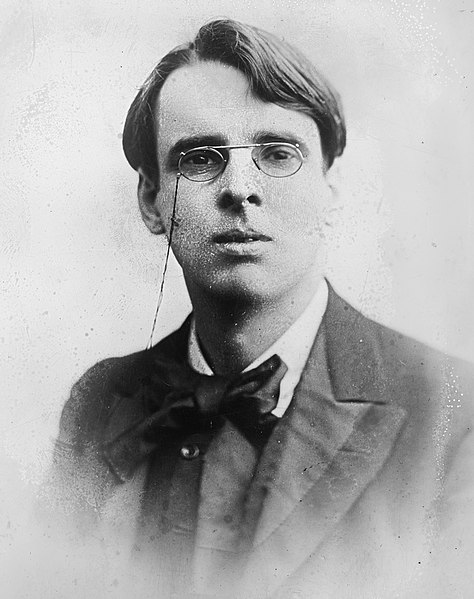
The Life And Work Of W.B. Yeats
William Butler Yeats, often referred to simply as W.B. Yeats, is one of the most celebrated poets in the English language. Born in Dublin in 1865, Yeats was a prolific writer who produced some of the most enduring and influential works of poetry in the 20th century. His writing explored themes such as Irish mythology, politics, and the occult, and his work is noted for its lyricism, symbolism, and mysticism.
Influences And Politics
Yeats grew up in a household that valued literature and the arts. His father was a painter, and his mother was a talented musician. From a young age, Yeats showed an interest in poetry, and he began writing his own poems as a teenager. In his early 20s, he became involved in the Irish literary and cultural revival, which sought to promote Irish language, culture, and identity.
Yeats’ early poetry was influenced by the Romantic poets, such as Shelley and Keats, but he soon developed his own unique style, incorporating Irish mythology, folklore, and symbolism into his work. His early collections, such as The Wanderings of Oisin and The Countess Kathleen and Various Legends and Lyrics, established him as a leading figure in the Irish literary movement. Yeats’ political views also had a significant influence on his writing. He was deeply committed to the cause of Irish independence and served as a senator in the Irish Free State from 1922 to 1928. His political views are reflected in his poetry, which often deals with themes of nationalism, rebellion, and Irish identity.
One of Yeats’ most famous works is The Second Coming, a poem that has become an enduring symbol of the turmoil of the early 20th century. The poem reflects Yeats’s belief that the world was entering a new era of darkness and chaos, and it has been interpreted as a commentary on the political and social upheaval of the time. In addition to his poetry, Yeats was also an accomplished playwright. His plays, such as The Countess Cathleen and The Land of Heart’s Desire, were influenced by Irish mythology and folklore and explored themes such as love, death, and the supernatural.
Recognition And Legacy Of Yeats’ Work
Yeats’ plays were instrumental in the development of the Irish theatre scene, and he is regarded as one of the founders of the Abbey Theatre in Dublin. He was awarded the Nobel Prize in Literature in 1923, making him the first Irishman to receive the honour. The award recognised his contributions to literature and his role in promoting Irish culture and identity.
W.B. Yeats was one of the most influential poets of the 20th century, and his impact on literature and culture is still felt today. His writing explored themes of Irish mythology, politics, and the occult, and his poetry is noted for its lyricism, symbolism, and mysticism. Yeats’s contribution to Irish literature and culture cannot be overstated, and his legacy continues to inspire and influence writers and readers around the world.